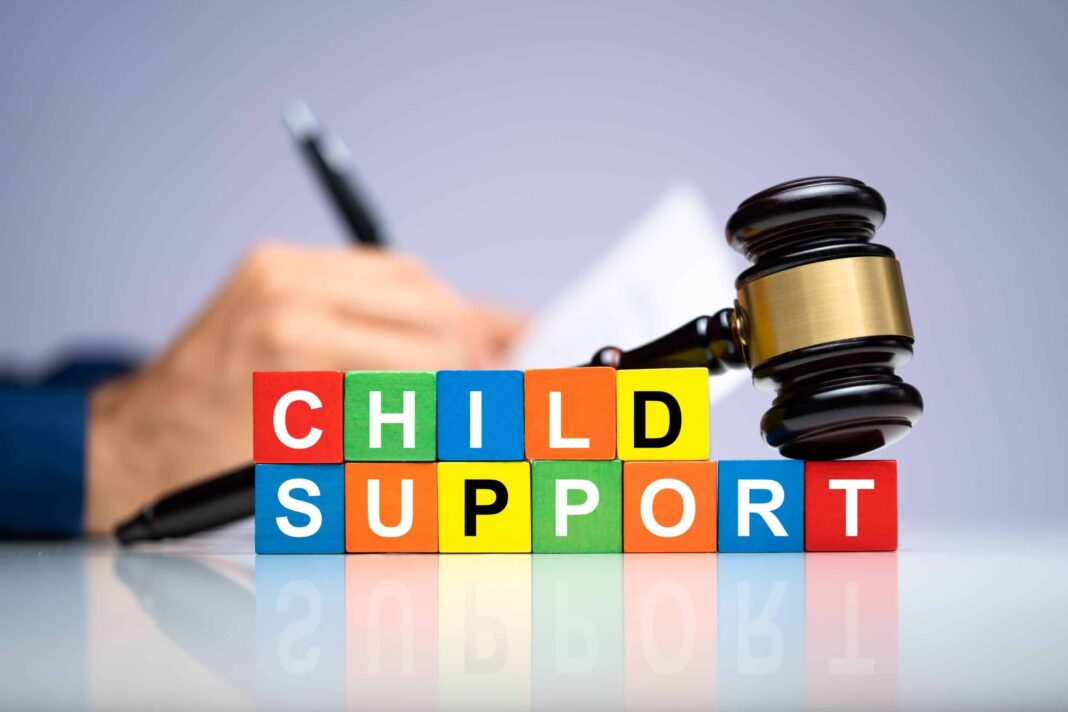Between July and September, the Department of Social Welfare recorded a total of 1 407 child maintenance cases, reflecting a sharp increase compared to 1 134 cases reported in the previous quarter.
This is contained in the second quarter performance report of the deputy prime minister’s office. According to the report, out of the 1 407 cases reported during the period under review, 793 were resolved, while 262 were referred to the magistrate courts due to defaulting on maintenance payments, failure to attend mediation sessions, or failure by the parties to agree on the amount of maintenance to be paid. A total of 693 cases remain under review and are still being handled by social workers.
| Eswatini Observer WhatsApp Channel
The department notes that the significant increase in reported cases signals a growing economic hardship that has left many parents struggling to meet their financial obligations towards their children.
The report highlights that maintenance cases are first subjected to mediation processes led by social workers, who seek to help parents reach mutual agreements on payment schedules. However, in situations where parties fail to attend mediation sessions, sometimes more than three times or cannot agree on payment terms, the cases are escalated to the courts for adjudication. “Some maintenance cases are referred to court for adjudication as a result of failure by the parties to have mutual agreement on the schedule for voluntary monthly payments. In other instances, either of the two parties fails to attend the mediation sessions for more than three times, hence the referral to Court to compel the defaulting party to attend,” the report notes.

A regional breakdown of the reported cases shows that the Hhohho region recorded the highest number of cases with 676, followed by Lubombo with 399, Manzini with 450, and Shiselweni with 223. The figures include cases carried over from the previous quarter, bringing the cumulative total for the year to 1 748. Of these, 793 cases were resolved, 262 referred to court, and 693 remain pending. The department of social welfare observed that the surge reflects not only the economic challenges affecting households but also an increasing willingness among caregivers to seek legal or social intervention to ensure child support is enforced.
“The high increase of reported cases in maintenance is largely attributed to the prevailing harsh economic circumstances,” the report states, underscoring that many families continue to experience job insecurity, unstable income and rising living costs. The inability to sustain voluntary maintenance agreements has forced more cases into formal mediation or court processes, stretching the department’s capacity to deliver timely resolutions. The report further explained that the maintenance programme is designed to promote the welfare of children by ensuring that both parents share responsibility for their upbringing, even in cases of separation or divorce. The mediation process is meant to encourage cooperative arrangements without necessarily resorting to the courts.
However, the data reveals that more parents are defaulting on agreed payments, leading to a backlog of unresolved cases. Social workers are tasked with conducting follow-ups, issuing summons where necessary, and ensuring that the best interests of the child are protected.
Comparing the two quarters, the report paints a concerning picture of rising dependency on government-led intervention. In the first quarter, 1 134 cases were reported across the four regions, while in the second quarter that number grew by 273 to reach 1 407. The DPM’s office attributes this trend to increasing unemployment and economic instability which have left many single parents, particularly mothers, dependent on formal support systems to secure maintenance from absent or defaulting partners.
The report further reveals that the department of social welfare continues to face operational challenges in handling the growing number of maintenance disputes. Among these challenges are resource constraints, transport shortages and the high volume of cases requiring repeated follow-up visits. Despite these obstacles, the department managed to mediate and resolve more than half of all reported cases during the quarter, demonstrating what the report describes as “the Office’s commitment to safeguarding the welfare of children and ensuring accountability among parents.”
The DPM’s office performance report situates the rise in child maintenance cases within a broader national context of social vulnerability. The period under review also saw increases in reported cases of child abuse and neglect, which social workers partly link to the same economic pressures that affect maintenance compliance.
The report observes that as more families fall into financial distress, the risk of neglect and domestic conflict tends to grow, further burdening social protection systems. The dpm’s office notes that these developments reinforce the need for sustained efforts to support families through social protection and counselling services. Social workers continue to mediate family disputes, provide psychosocial support and link families to government grants where necessary. “The department of social welfare provides holistic, equitable care and support to the most vulnerable people of the population. This is done by offering integrated, comprehensive and equitable social welfare services to address vulnerability and poverty,” the report emphasises.
Looking ahead, the DPM’s office says it expects the number of maintenance cases to remain high if economic conditions do not improve. The office continues to urge parents to prioritise the welfare of their children and to cooperate with mediation processes to avoid costly and time-consuming court procedures. The report also recommends greater awareness on parental responsibility and the importance of adhering to maintenance orders to prevent children from suffering due to disputes between adults.
Eswatini Observer Press Reader | View Here










